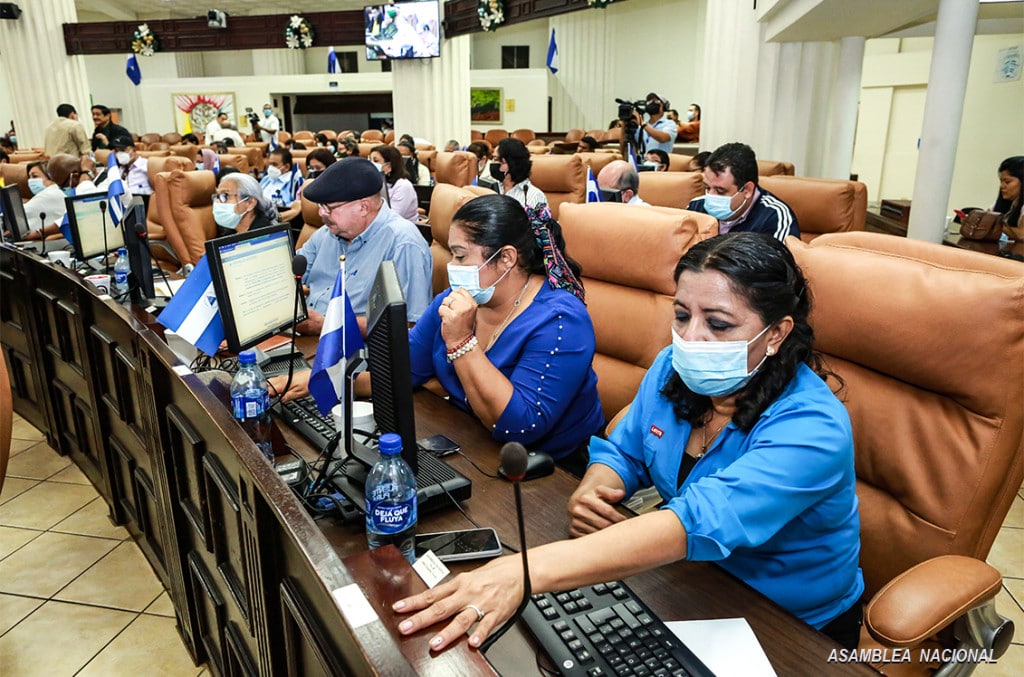As a result of inflation, Mexican families will have to pay 27% more to buy the food that will be part of their Christmas dinner this year, according to estimates by the National Alliance of Small Traders (Anpec).
According to a market study carried out in the first two weeks of December, a dinner budget for 10 people, assuming a menu prepared at home, which includes pork leg, pasta, salad, stuffed turkey, romeritos, family soft drinks and cakes , the families would disburse this year about 8,000 pesos.
This budget is 27% higher than the 6,287 pesos it cost last year.
Following an analysis by Anpec, it can be seen that Mexican households that decide to cook two kilos of romeritos, whose preparation includes mole, potatoes, peas, nopales and shrimp, will have to pay about 150 pesos. Last year, cooking this same dish had a cost of 120 pesos.
Information from the National Institute of Statistics and Geography (Inegi) shows that after 11 months, the price of shrimp has risen 12.72%; while that of mole and sauces has increased 7.32% and that of nopales 5.53% annually.
Thus, the price of traditional romeritos, which are identified as vegetables, accumulates an annual increase of 22.85%.
Preparing six liters of punch, which contains apples, guavas, tejocotes, canes, cinnamon, hibiscus flower or tamarind and brown sugar, today has a cost of 300 pesos, a figure that contrasts with the 250 pesos that were spent last year.
The Inegi data show that the fruits bring an annual variation of 18.44%, to the month of November, where nothing else the apple brings a fluctuation in the price also 12 months, of 23.73 percent.
Inflation by income
Inflation does not hit the same for all income strata. As explained by the president of Inegi, Julio Santaella, spending patterns tend to be heterogeneous, hence the need to stratify according to income and expenses.
Information from the same Inegi shows that families that earn between one and three minimum wages a month, have received an annual inflation of 7.75% as of November cut.
Saver researcher Luis Pérez Lezama warns that inflation is preventing affordability for a healthy diet.
“We are going to begin to have a problem of quality, quantity and safety in food, and he suggested planting home gardens, on balconies, roofs and gardens.”
Inegi information shows that households in the highest spending stratum, above six minimum wages, have received a 7.21% variation in inflation in the same annual period.

















